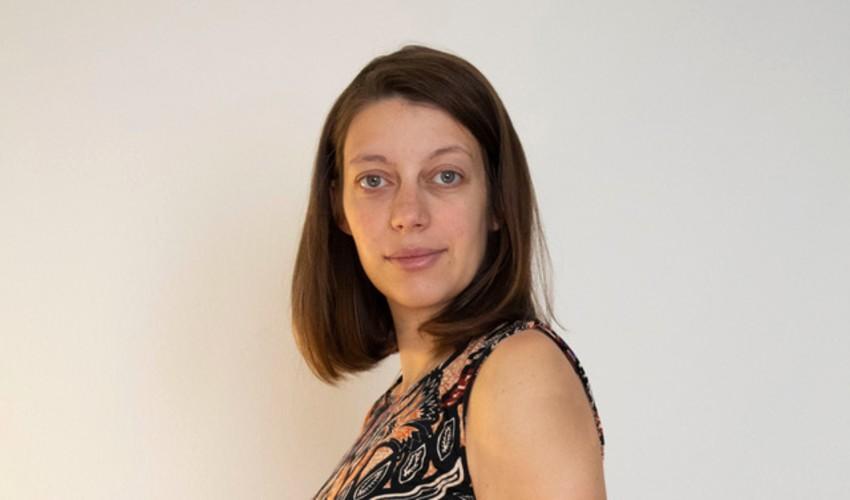
Automatically Translating from Bureaucratese to Italian
DEBORA NOZZA OBTAINED A RESEARCH GRANT FROM FONDAZIONE CARIPLO. HER WORK WILL HELP US UNDERSTAND ITALIANS' SENTIMENT ABOUT THE ECONOMIC MEASURES FOLLOWING THE PANDEMIC, AND TO MAKE RELATED INFORMATION MORE ACCESSIBLE WITH A SMART SEARCH TOOLThe Italian government reacted to the COVID-19 crisis with a range of economic measures intended to support the large chunk of population (more than half) that suffered a drop in their income. The so-called holiday bonus in 2020 gave up to €500 that could be used for vacation anywhere in Italy. However, less than 10% of the funds allocated to it were spent. Even the more generous Emergency Income, as of 30 June 2021, has been requested only by a quarter of those entitled to it.
Debora Nozza, a Postdoctoral Researcher at the Bocconi Data and Marketing Insights (DMI) research unit, obtained a €120,000 grant from Fondazione Cariplo for MONICA (MONItoring Coverage, Attitudes and Accessibility of Italian measures in response to COVID-19). The research project seeks to understand what Italians think of the economic measures designed to combat poverty and unemployment following the pandemic, and to make information related to such measures more accessible.
“MONICA will provide concrete tools for identifying the coverage within the targeted population, allowing us to collect their opinions and attitudes about the Italian socio-economic measures,” says Dr. Nozza. First, it will investigate Italy’s Internet coverage of the target population. Using cutting-edge machine learning techniques, it will analyze opinions both in social media data and news about specific social assistance measures. “Furthermore,” Dr. Nozza continues, “we will stratify these opinions by socio-demographic attributes, i.e., location, gender, age, education, and income.”
One serious issue the potential beneficiaries of the socio-economic measures face is the linguistic complexity of the available information, which is often written in overly formal and bureaucratic legalese.
“For this reason,” Dr Nozza concludes, “we will release a novel smart search tool to rank and simplify the websites. This tool will enable citizens to obtain comprehensible information independently of their education or mother tongue. We will develop methods to automatically simplify website contents based on the user language. This will permit us to adapt the simplification to the user’s native language by selecting words the user may find challenging to use due to their linguistic knowledge.”
Bocconi professors Dirk Hovy and Nicoletta Balbo are involved in the project.
by Fabio Todesco
